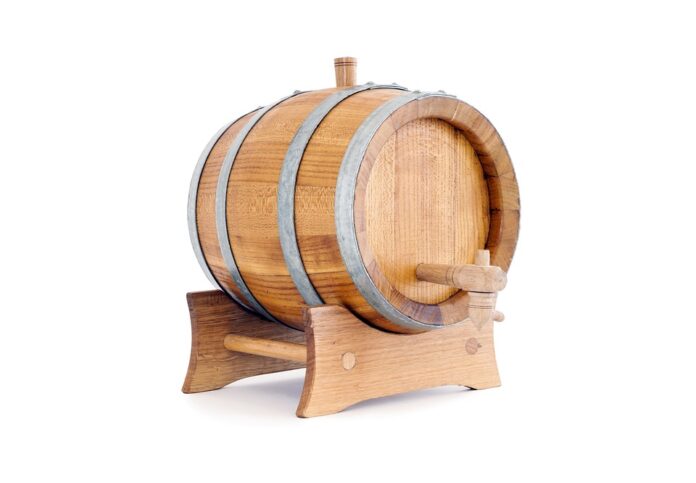Introduction
Craft and commercial breweries play a significant role in the global economy, providing a wide variety of unique and flavorful beers to consumers worldwide. However, one of the challenges that breweries face is managing their wastewater effectively. The brewing process generates large volumes of wastewater that contain high levels of organic compounds, suspended solids, and other contaminants that can be harmful to the environment if not treated properly. In this report, we will explore wastewater treatment solutions for craft and commercial breweries, focusing on cost-effective and sustainable options that can help breweries comply with environmental regulations and minimize their impact on water resources.
Challenges Faced by Breweries
Volume and Composition of Wastewater
Breweries generate a significant amount of wastewater during the brewing process, with the volume and composition varying depending on factors such as the size of the brewery, the type of beer being produced, and the specific brewing techniques used. The wastewater typically contains high levels of organic compounds, such as sugars, proteins, and fats, as well as suspended solids, yeast, and other byproducts of the brewing process. These contaminants can pose a risk to aquatic ecosystems if released untreated into water bodies.
Regulatory Compliance
Breweries are subject to strict environmental regulations that govern the discharge of wastewater into the environment. Failure to comply with these regulations can result in fines, penalties, and reputational damage for breweries. Therefore, it is essential for breweries to implement effective wastewater treatment solutions to ensure compliance with regulatory requirements and protect the environment.
Wastewater Treatment Solutions
Physical and Chemical Treatment
Physical and chemical treatment methods, such as screening, sedimentation, and chemical coagulation, can be used to remove suspended solids and organic compounds from brewery wastewater. These methods are relatively simple and cost-effective, making them suitable for smaller craft breweries with limited resources. However, they may not be as effective at removing certain contaminants, such as dissolved solids and nutrients, which may require additional treatment steps.
Biological Treatment
Biological treatment processes, such as activated sludge, trickling filters, and anaerobic digestion, are commonly used in larger commercial breweries to treat wastewater. These processes rely on microorganisms to break down organic compounds and other contaminants in the wastewater, resulting in cleaner effluent that can be safely discharged into the environment. While biological treatment methods can be more complex and expensive to implement, they offer higher treatment efficiency and lower operating costs in the long run.
Membrane Filtration
Membrane filtration technologies, such as reverse osmosis and ultrafiltration, can be used to remove contaminants from brewery wastewater by forcing the water through a semi-permeable membrane. These technologies are highly effective at removing dissolved solids, pathogens, and other contaminants, producing high-quality effluent that meets regulatory standards. However, membrane filtration systems can be costly to install and maintain, making them more suitable for larger breweries with higher wastewater volumes.
Case Studies
Sierra Nevada Brewing Company
Sierra Nevada Brewing Company, one of the largest craft breweries in the United States, has implemented a comprehensive wastewater treatment system at its brewery in Chico, California. The system includes a combination of physical, chemical, and biological treatment processes, as well as a membrane filtration system, to treat the brewery’s wastewater to a high standard. By investing in advanced wastewater treatment technologies, Sierra Nevada Brewing Company has been able to reduce its environmental impact and demonstrate its commitment to sustainability.
Anheuser-Busch InBev
Anheuser-Busch InBev, the world’s largest brewing company, has made significant investments in wastewater treatment at its breweries around the world. The company uses a combination of biological treatment processes, membrane filtration, and water reuse systems to treat its wastewater and minimize its water footprint. By implementing sustainable wastewater treatment solutions, Anheuser-Busch InBev has been able to reduce its environmental impact, improve operational efficiency, and enhance its corporate reputation.
Conclusion
Effective wastewater treatment is essential for craft and commercial breweries to comply with environmental regulations, protect water resources, and demonstrate their commitment to sustainability. By investing in advanced wastewater treatment technologies, breweries can reduce their environmental impact, improve operational efficiency, and enhance their reputation among consumers. As the brewing industry continues to grow, it is crucial for breweries to prioritize wastewater management and implement cost-effective and sustainable treatment solutions to ensure a cleaner and healthier environment for future generations.




